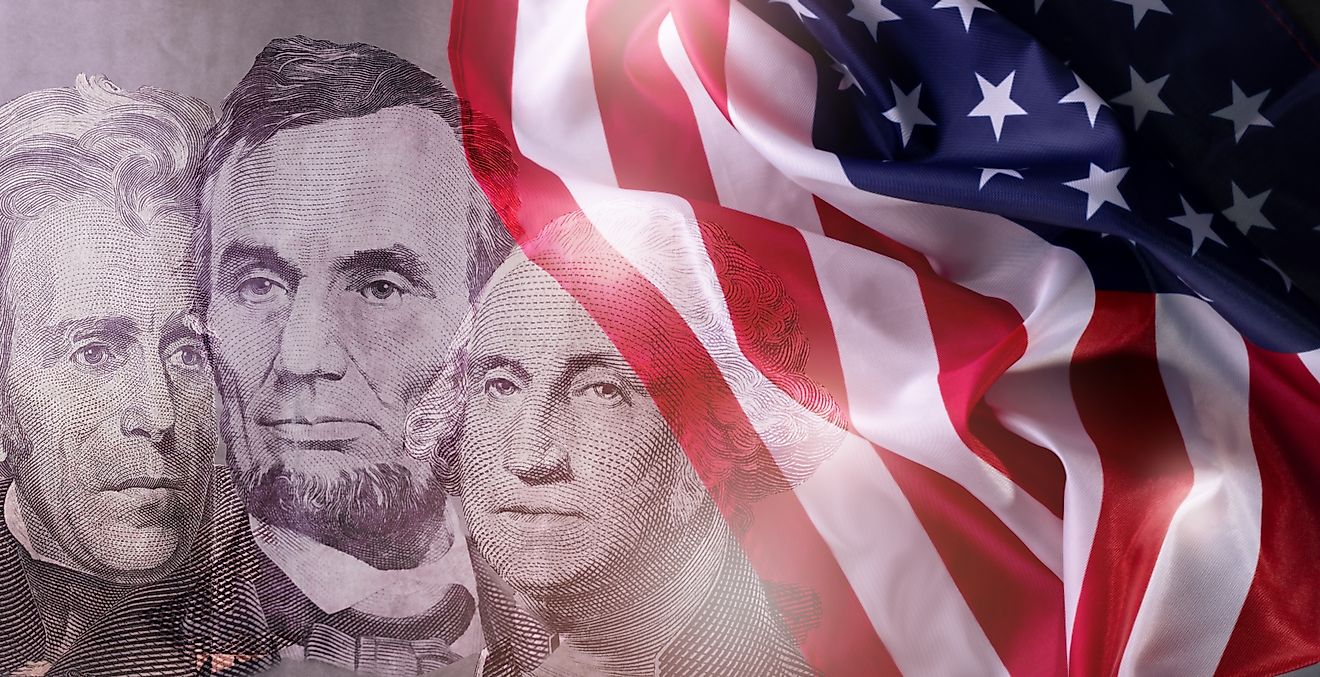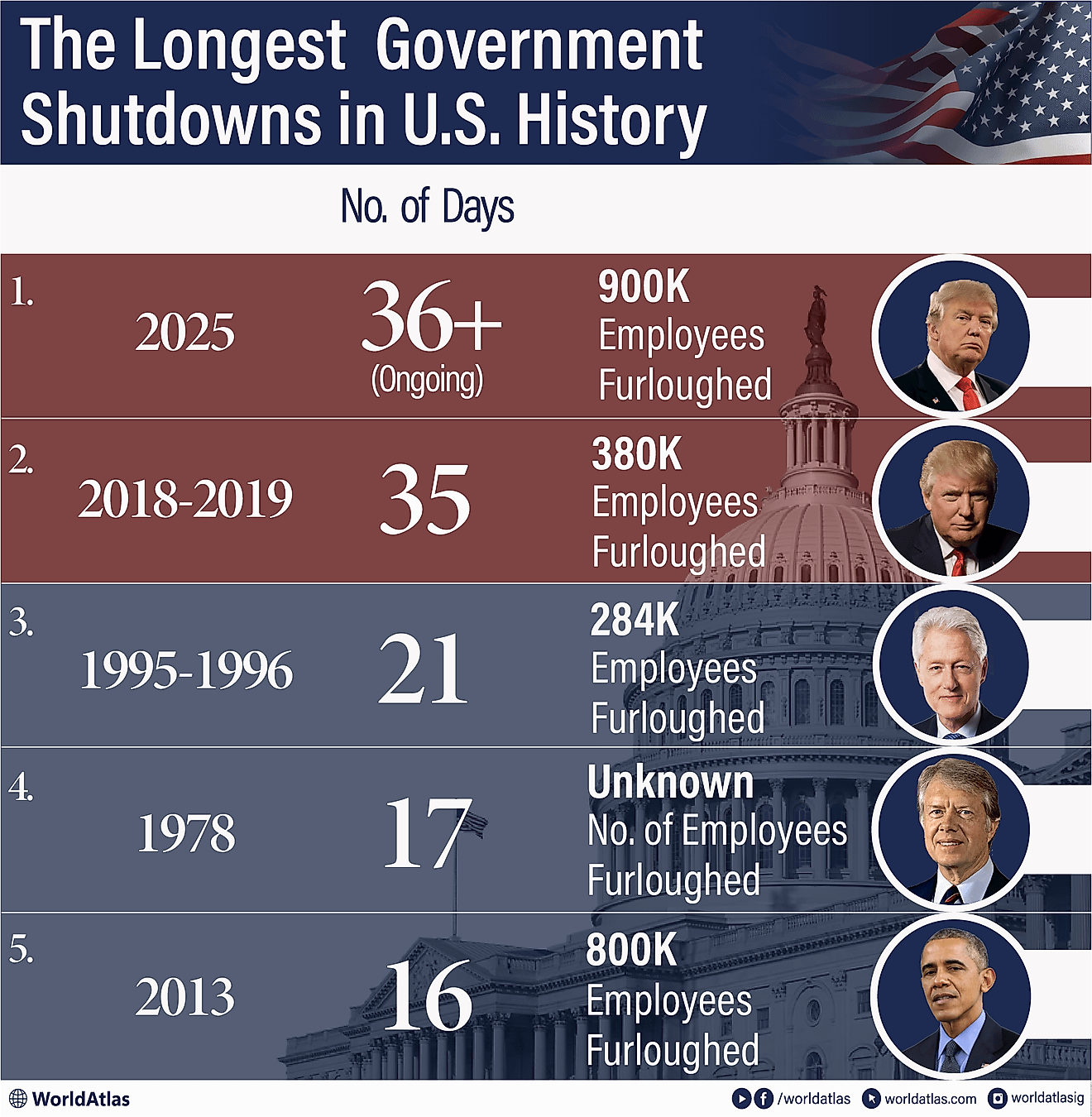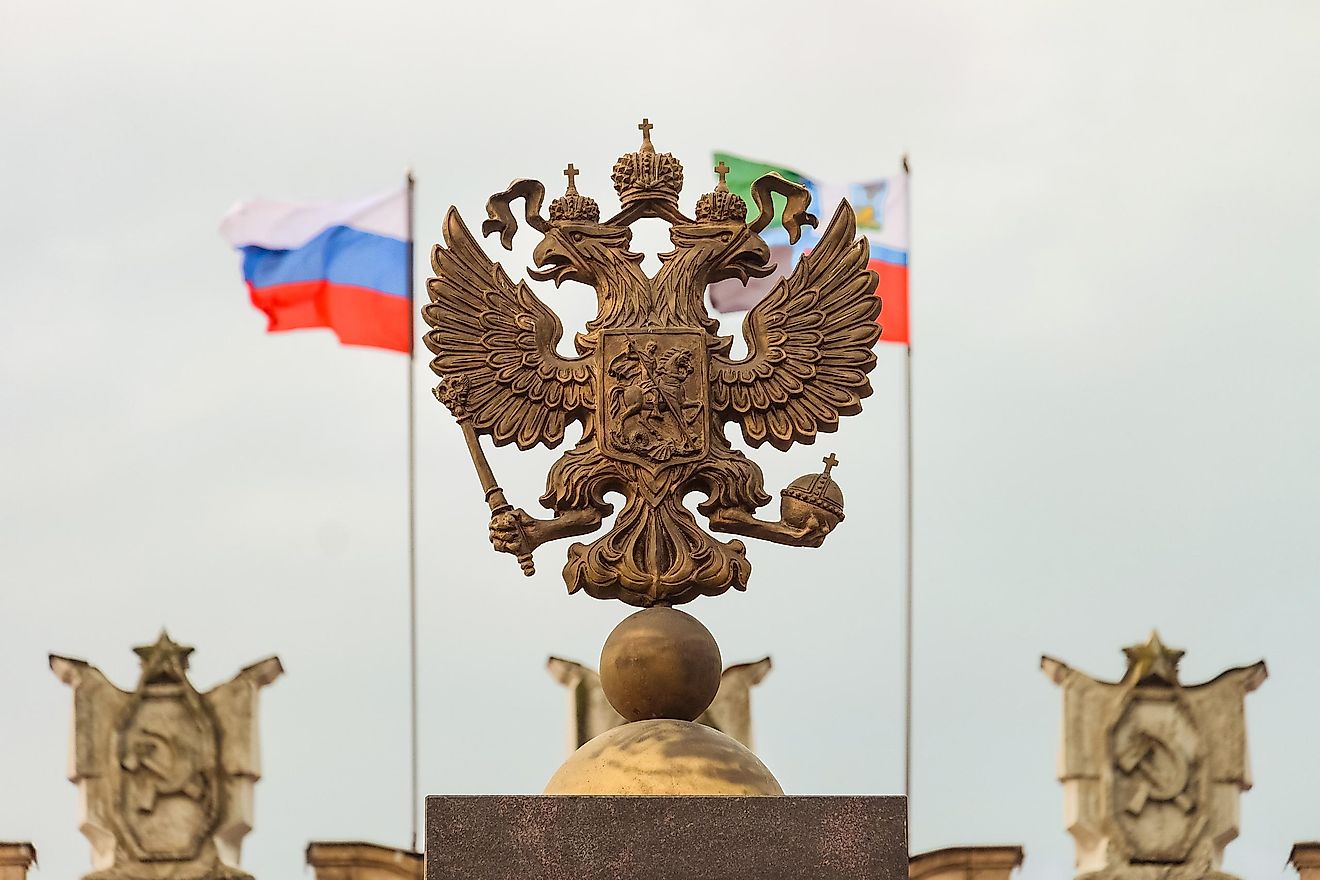10 Reasons For The Collapse Of The Soviet Union
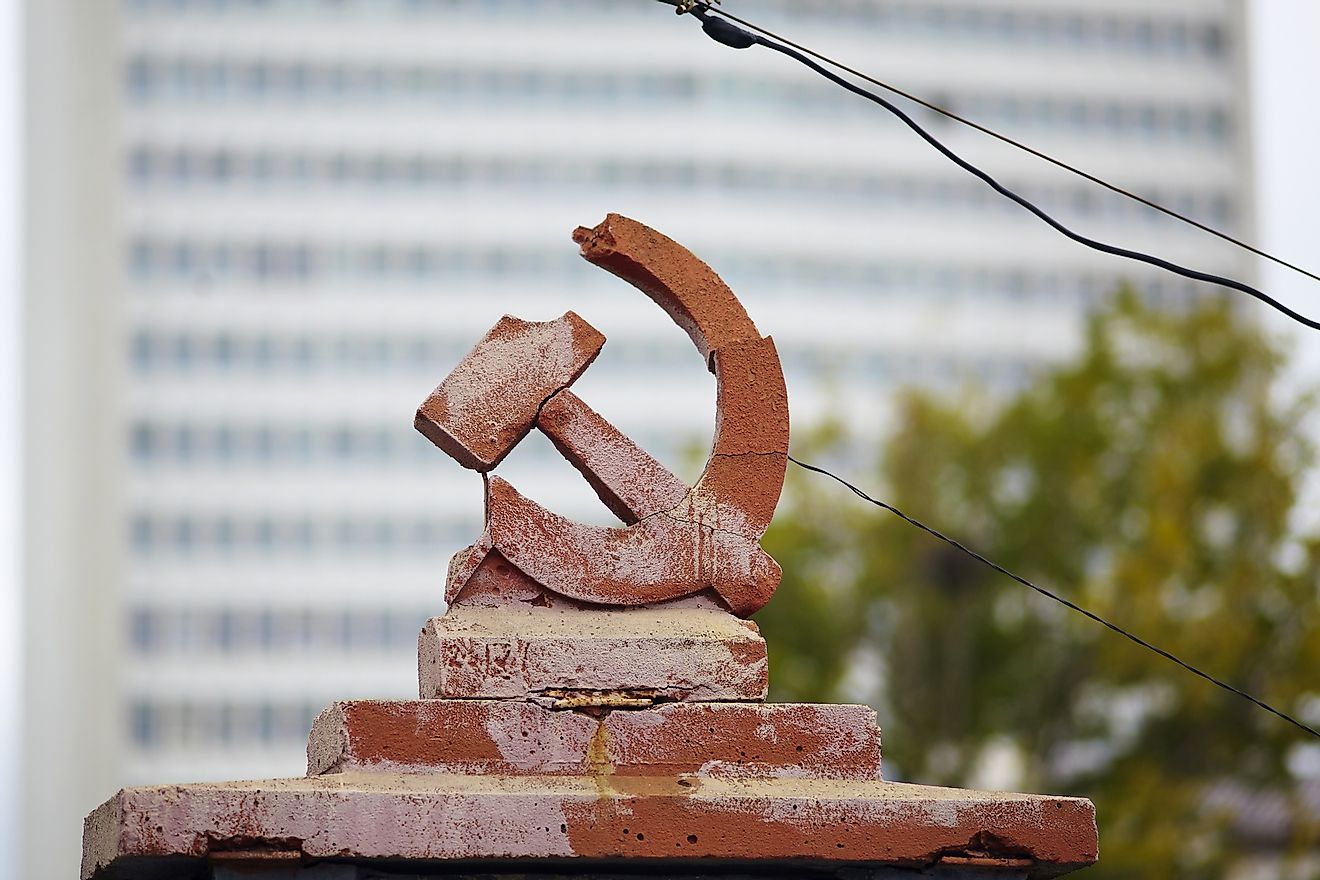
- Many factors affected the Soviet Union's economy including the nuclear race, the Chernobyl disaster, and the war against Afghanistan
- During USSR's economic crisis, military officials and politicians kept their luxurious lives while the general public suffered from extreme poverty
- The sudden freedom of speech Gorbachev instated pushed people to revolt against the communist regime by exposing its many flaws
- After the independence of all 15 neighboring countries, the USSR lost most of its internal influence and power which led to its downfall
The world is in constant flux through time, many civilizations rise and fall at every corner of history from ancient Rome to the colonial Great Britan, history will always repeat itself. The 20th century was the century of wars: two World Wars, a cold war, the Vietnam war, the Korean war, countless revolutions, civil wars, and genocides that spread throughout the entire 1900s. At the top of all the turmoil and bloodshed were two superpowers that were considered to be the pinnacle of strength and superiority: the United States of America (USA) and the Union of Soviet Socialist Republics (USSR) or the Soviet Union for short.
After the Second World War ended in 1945, the world was scattered and most affected countries were trying to recover the massive post-war losses. The cold war was a direct consequence of the second major war which pitted the world's two superpowers against each other in an attempt to become the only major force in the world. From the start of this 45 year-long struggle for power, only one resolution was possible: one of the two giants had to fall so the other may prevail. As history shows, the official dissolution of the USSR on the 26th of December 1991 marks the end of the cold war, but how did the Russian superpower fall from such heights? What reasons led to the weakening and eventual dissolution of the Soviet communist empire?
A Nuclear Marathon Is Never Good For The Economy
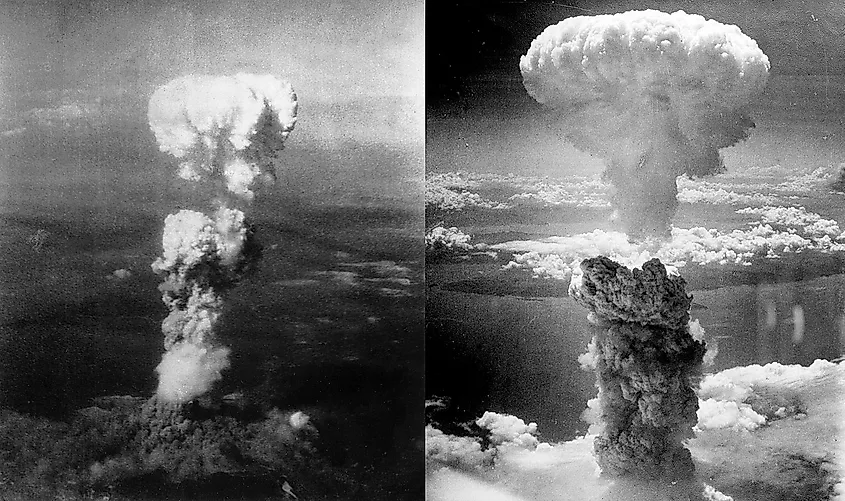
Mushroom cloud over Hiroshima and Atomic Cloud Rises Over Nagasaki.
The end of the Second World War came in the form of a mushroom cloud bang on Japanese territories which pushed the Soviet Union to develop nuclear weapons of their own to assert dominance over their western competition. This kind of hardware is not easy nor cheap to come by, and the Soviets spent millions in the hopes of winning the nuclear race against the USA which already had working bombs that they used on Hiroshima and Nagasaki in the summer of 1945. This kind of expenditure put a dent in the USSR's economy which made way to an increase in poverty and frustration amongst their people.
The Afghan War Had A Negative Impact
The Soviet Union had over 15 different countries under its rule but communism had to reach the entire world so the USSR invaded Afghanistan in the hope of spreading the communist regime. When the US realized the Soviets' plan it quickly trained groups of jihadists that came to be known as "Taliban" to fight back against the red army and resist the communist spread. The war on Afghanistan was incredibly strenuous on the Russian empire's economy since wars are not cheap and require massive amounts of manpower. The outcome of the war was negative on both sides but not equally; with the nuclear race happening and the Afghan war on full throttle, nobody expected the next disaster before it happened.
The Chernobyl Disaster Meant More Money Spent
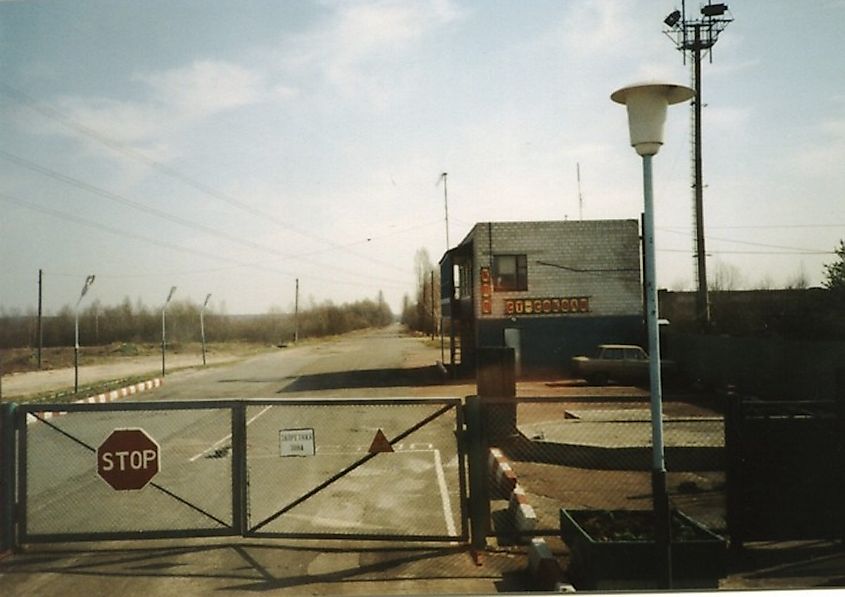
Following the Chernobyl nuclear explosion, over 100,000 people were evacuated from the surrounding cities to minimize exposure and to eventually contain the spread of radiation from the nuclear leak. The incident not only made a huge negative impact on Soviet Russia's economy, but it also crippled one of the USSR's most utopian cities Prypyat, and turned it into a ghost town. This planted the seeds of doubt in the hearts of the Soviet population. The biggest fallout was the outside perception towards the empire that lost credibility following the incident that haunted the nation for an entire century due to radiation poisoning.
Uniting Different Cultures Under One Flag Is Easier Said Than Done
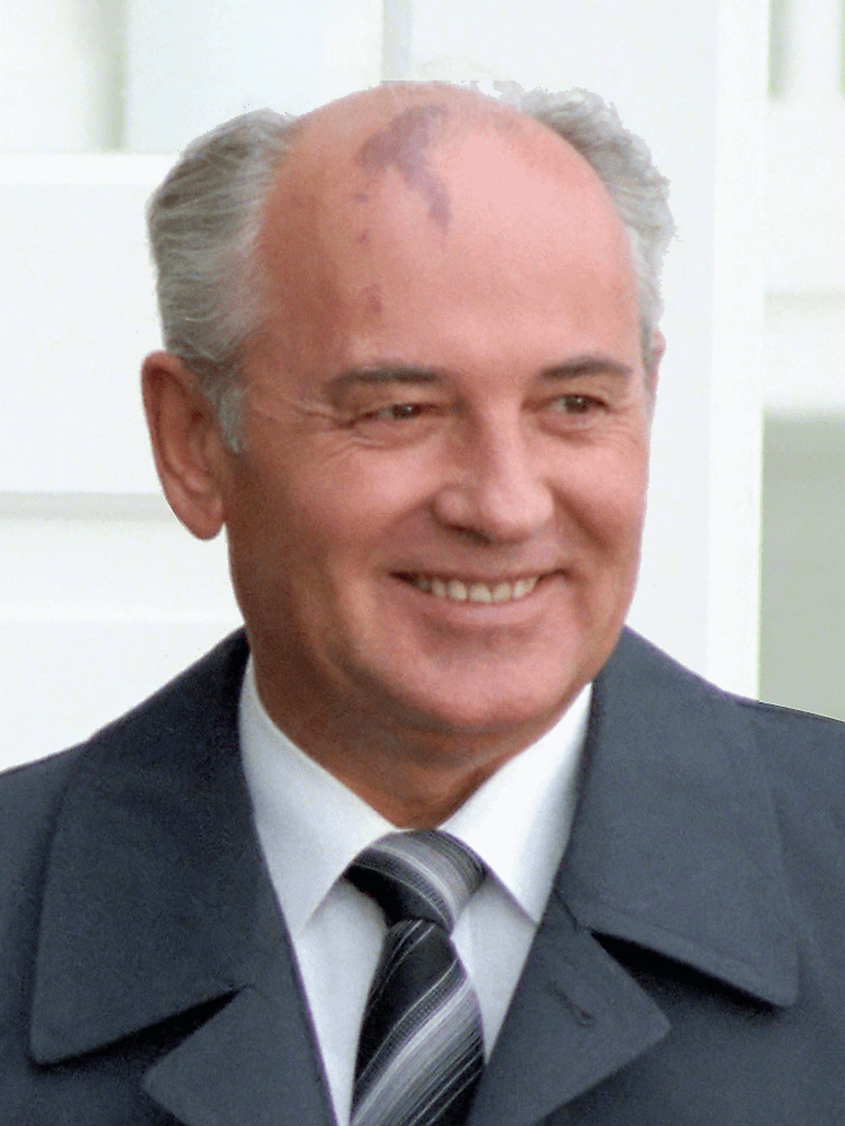
When different cultures collide, it usually ends in one of two ways: either they learn and trade from each other or constant turmoil sets and becomes the norm. If the USSR gave their sister countries the freedom to keep their identities and heritage peace might have been an option through times of crisis. Instead, most of the neighboring countries that the Soviet Union had control over were desperate to leave communism and the USSR behind to live independently and form their traditions and heritage, and under Gorbachev, they had the opportunity to do exactly that which laid the foundation of the fall of communist Russia.
The Soviet Empire's Economy Was In Shambles
In an attempt to save their economy, Soviet officials did whatever it took to pick up the slack so that their people won't starve and it worked (temporarily). After a huge rise in their economy, the Soviet Union saw one of the harshest economic crashes in history: the Soviet people lost their homes, starved to death, and were desperate for any change that would relieve them from starvation and poverty. The USSR not only lost economic dominance, but it also lost the population's faith in the government which led to their imminent downfall.
Lenin's Marxist Dream Turned To A Nightmare
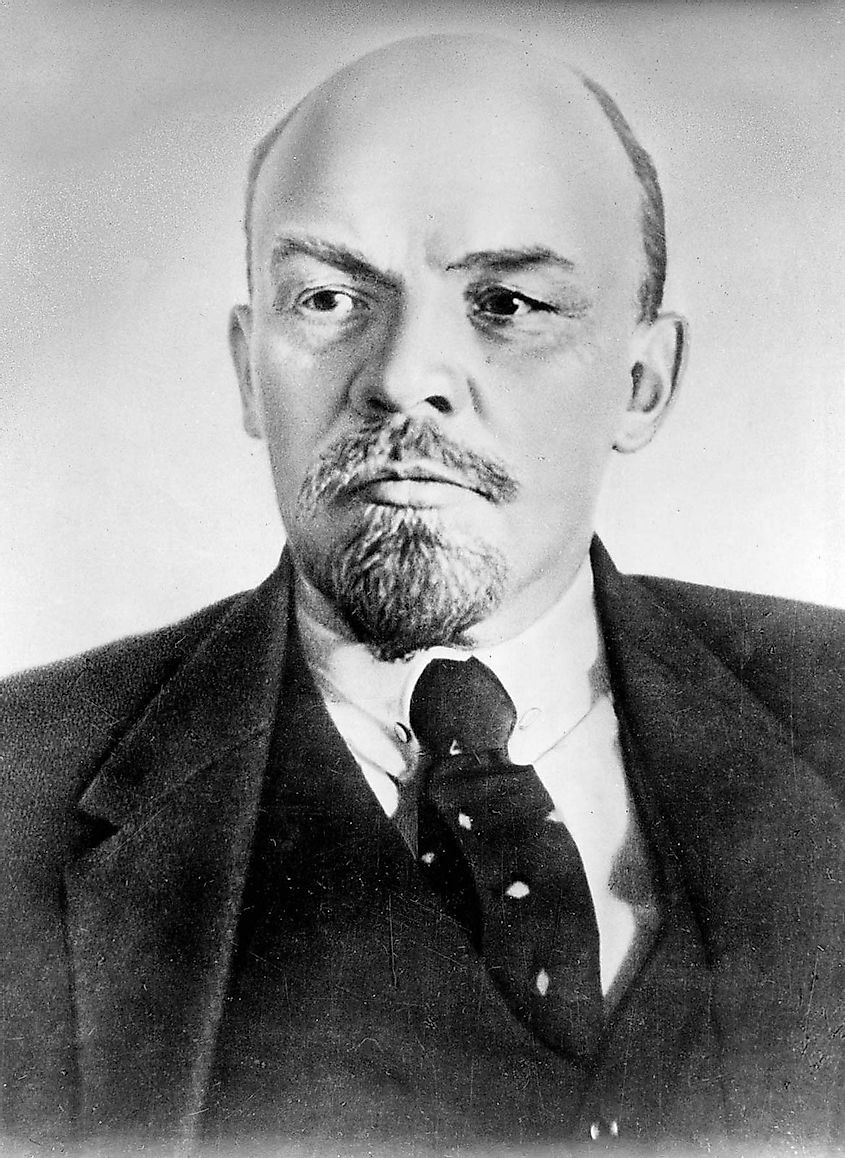
In the wake of the soviet revolution, fought the bondage of classes and the bourgeoisie in the hopes of attaining pure social equality between the soviet people. His successors created a dictatorship that favored highly ranked military officials and politicians over the general populace. To put it in numbers: over 80% of the Soviet people were in deep poverty while the elite 20% were living large and luxuriously. This gap fueled the hungry rage of the populace and led to protests and movements against the government which was aggravated by the newly instated freedom of speech by Gorbachev.
The Press Was Free At Last!
In his attempt to reach transparency with his people, Gorbachev allowed freedom of speech for all people which created a democratic storm. Giving the SFGORBACHoviet people the freedom to speak against tyranny after so many years of oppression produced unexpected results. Instead of focusing on the present as Gorbachev hoped, the press focused on the past and all the atrocities his predecessors did to stay in control which led to a democratic movement against the communist party. The fact that Gorbachev allowed non-communist parties to be a part of the government system slowly destabilized communist control in Soviet Russia which marked the beginning of the end.
Lithuania Has Left The Union!
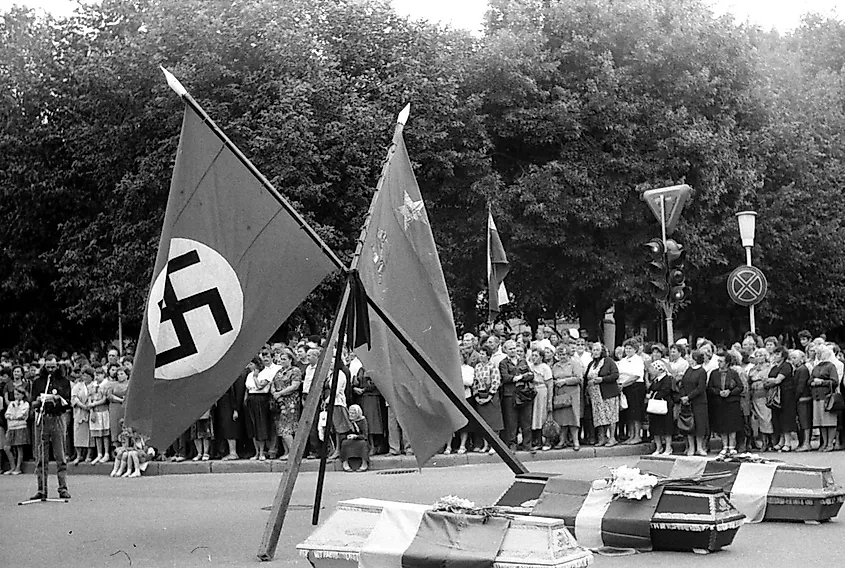
Following the events of Gorbachev's attempted transparency and leniency, Lithuania took advantage of USSR's weakness to revolt and demand its independence. The red army's peaceful inaction pushed the other oppressed countries to refute the communist regime and achieve independence from the USSR. Almost all countries achieved their independence without a single casualty, unfortunately for Romania though this was not the case. Ceaușescu, the communist party leader in Romania did not share Gorbachev's forward act of openness and instead met the revolution with aggression and oppression which pushed his army to rebel against him. Eventually, he met his death with his execution by firing squad which added a brick to the USSR's wall of shame.
Another Brick In The Wall
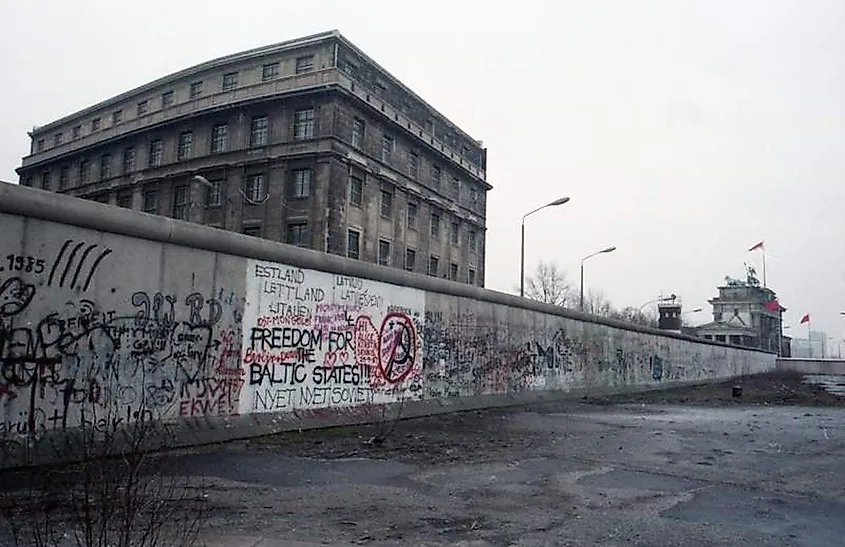
A couple of decades after the end of the Second World War, the Soviet Union built a wall separating Berlin creating a western capitalist side and eastern communist side to stop eastern Germans from enjoying the spoils of capitalism. This separation not only divided neighbors, friends, and families but also divided both economies resulting in a clear vision of the difference between US capitalism and USSR communism. In 1991, almost 30 years after the separation, the wall was finally knocked down and Eastern Berlin was finally alive again. Germans from all over the city gathered on the wall and proceeded in breaking the veil that separated their capital for over 3 decades. At this point, the USSR was clearly shown to the world as weak and vulnerable which led to Gorbachev's final speech as leader of the party.
Bread Crumbs In The Sands Of Time
On the 26th of December 1991, Gorbachev gave a speech to try to explain what went wrong in Russia. His words conveyed an air of regret and disappointment since every plan he put in place backfired massively, turning the once glorious empire to a shadow of its former self. Gorbachev declared that communism has failed and that the Russian people shall take their country to a much better democratic future. With those words, Gorbachev resigned as head of state which was followed by the definite dissolution of the USSR a day later.
